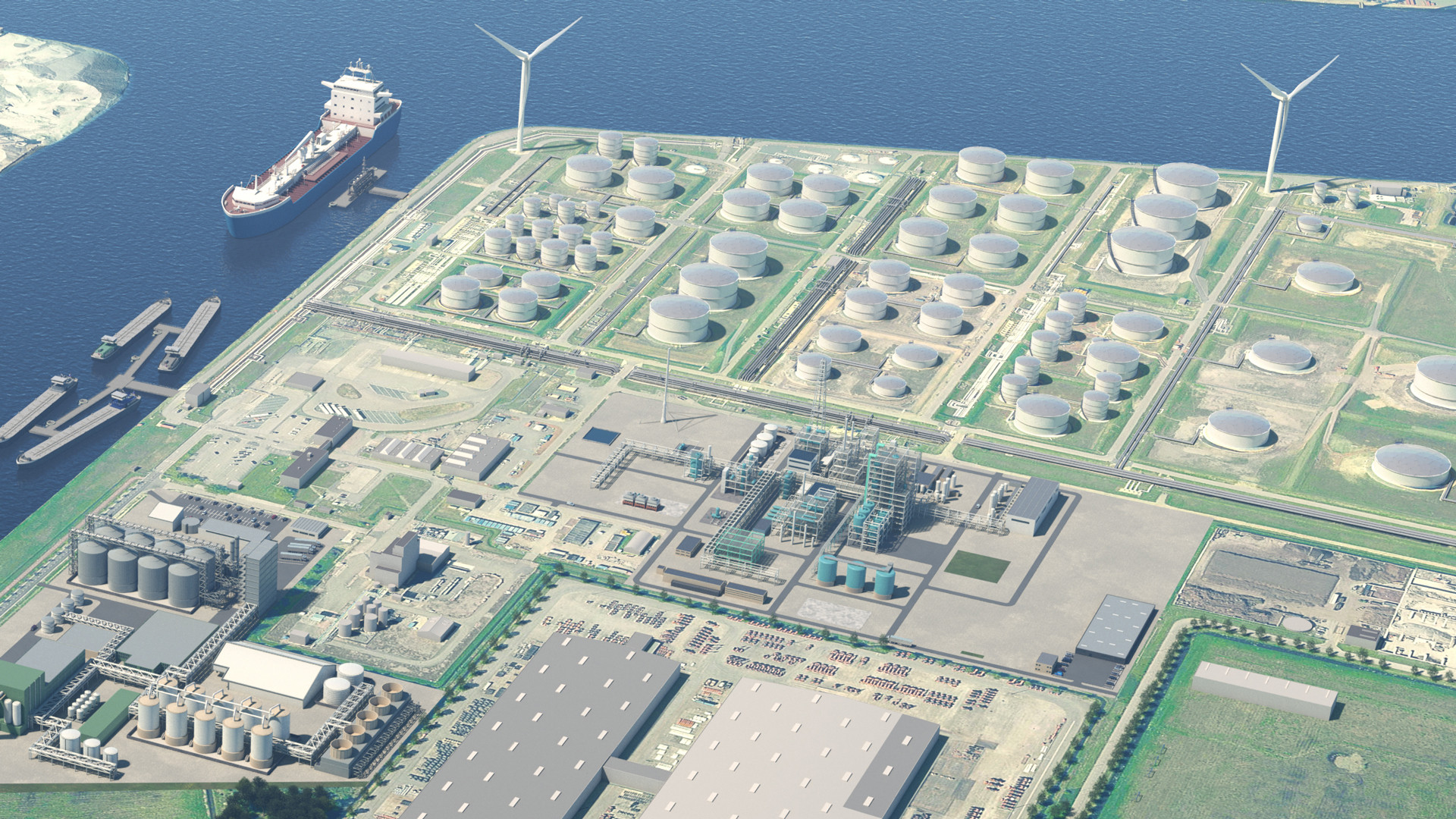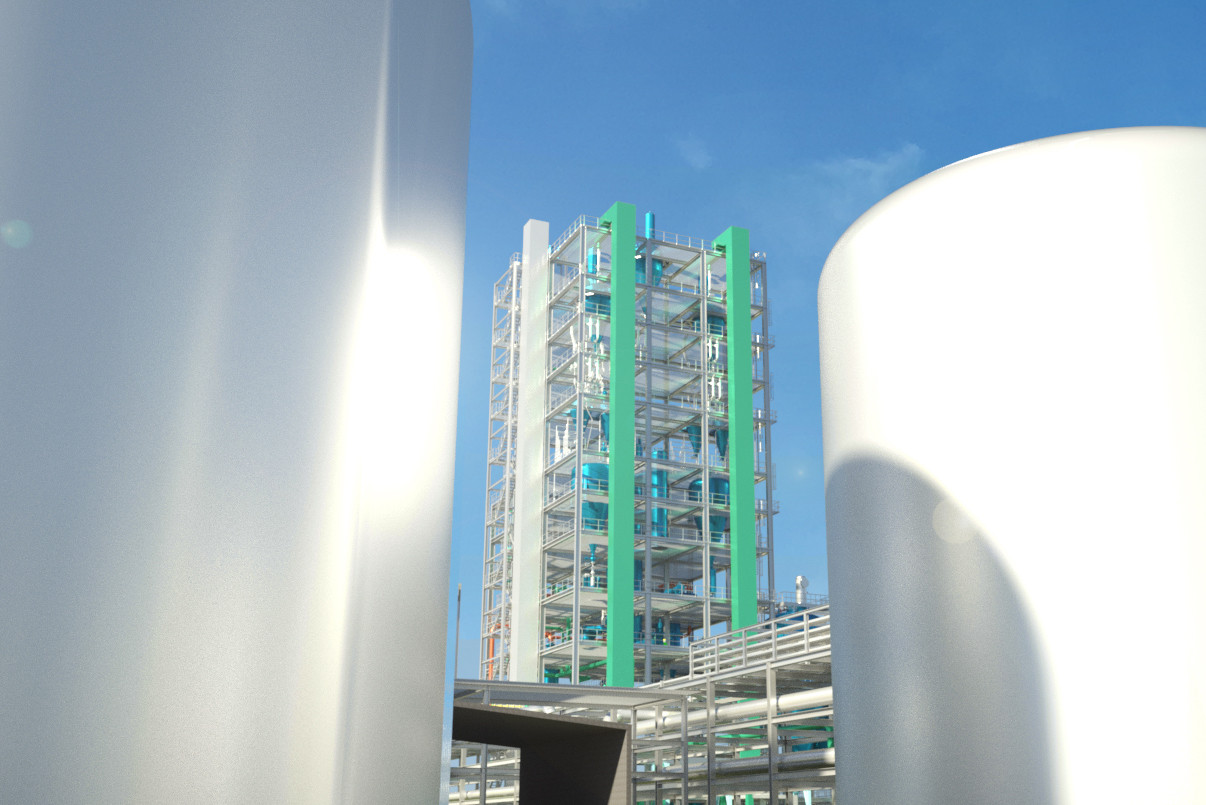GIDARA Energy announces collaborations with PARO, bp and Linde

GIDARA Energy is pleased to announce collaboration between its Advanced Methanol Amsterdam (“AMA”) facility and key players in the value chain from non-recyclable waste to advanced methanol: PARO, bp and Linde.
AMA’s objective is to contribute to better, more sustainable fuels and a circular economy. The integration of the entire product value chain is therefore essential for the success of the facility and to meet governmental objectives to achieve CO2 emission reductions as defined in the Renewable Energy Directive (RED II).
Wim van der Zande, CEO GIDARA Energy:
“The value chain represents an important step in realizing GIDARA Energy’s goal of converting non-recyclable waste into valuable end products. As such, GIDARA Energy, bp, PARO and Linde are delivering on their commitment to improve their sustainability footprint, moving towards a circular economy.”
None of our waste wasted
Together with AMA, Amsterdam based waste treatment company PARO will pelletize the non-recyclable waste to be used as feedstock in the facility. The Pelletized Feed Material (PFM) is converted into advanced Syngas using GIDARA Energy’s patented HTW® technology, which is then converted into advanced methanol.
Gerard Putman, Director, PARO:
“The experience of GIDARA in chemical plants and gasification plus PARO’s experience in waste handling and recycling makes it possible to develop a waste sorting and pelletizing facility suitable for the HTW® gasification technology. By having PARO’s waste handling adjacent to the AMA site, eliminates the need of unnecessary transport and rehandling of waste material and pellets.”
Methanol as advanced biofuel
AMA is exclusively working with bp for the offtake of advanced methanol from the project. Advanced methanol can help decarbonise the global transportation and petrochemical sectors. The feedstock can contribute towards the growing European waste-based (advanced) biofuels mandates as it is considered advanced under the Renewable Energy Directive (RED II).
David Bucknall, senior vice-president refining and products trading, bp:
“bp recognises the need for the world to transition from a linear economy to a circular one, which includes reconsidering how we think about waste. We believe that by partnering with AMA on the offtake of advanced methanol, we can use our longstanding biofuels expertise to successfully integrate AMA’s product into multiple energy markets in which we trade.”
Feeding the world by utilizing green CO2
GIDARA Energy and AMA work closely with Linde to develop the capture and production of clean green CO2, which is aimed to be provided by Linde subsidiary OCAP to greenhouse horticulture. A CO2-enriched atmosphere in the greenhouses is important in the growth of plants, and the sector is facing shortage of availability of CO2 in the near future. Without availability of green CO2 as provided by OCAP, the greenhouses have no other alternative than to produce their own CO2 by burning natural gas. This puts their sustainability goals at risk. In addition, GIDARA Energy, AMA and Linde work together to make O2 available for the conversion process used by AMA.
Jacob Limbeek. director, OCAP:
“We are excited to collaborate with GIDARA Energy and AMA as it offers OCAP the opportunity to use green CO2. Without the availability of green CO2 as provided by OCAP, greenhouses have no other alternative than to produce their own CO2 by burning natural gas. This puts their sustainability goals at risk”.
The AMA facility will be fully operational in 2023, setting a great step towards Europe’s objectives to achieve CO2 emission reductions as defined in the Paris Agreement. The AMA plant will produce a yearly average of 87.000 metric tons of advanced methanol which will be used for advanced biofuels blending.

References
For more information related to GIDARA Energy and AMA:
AMA: http://www.advancedmethanol.com
Media Resources: https://www.gidara-energy.com/about-gidara/media-resources